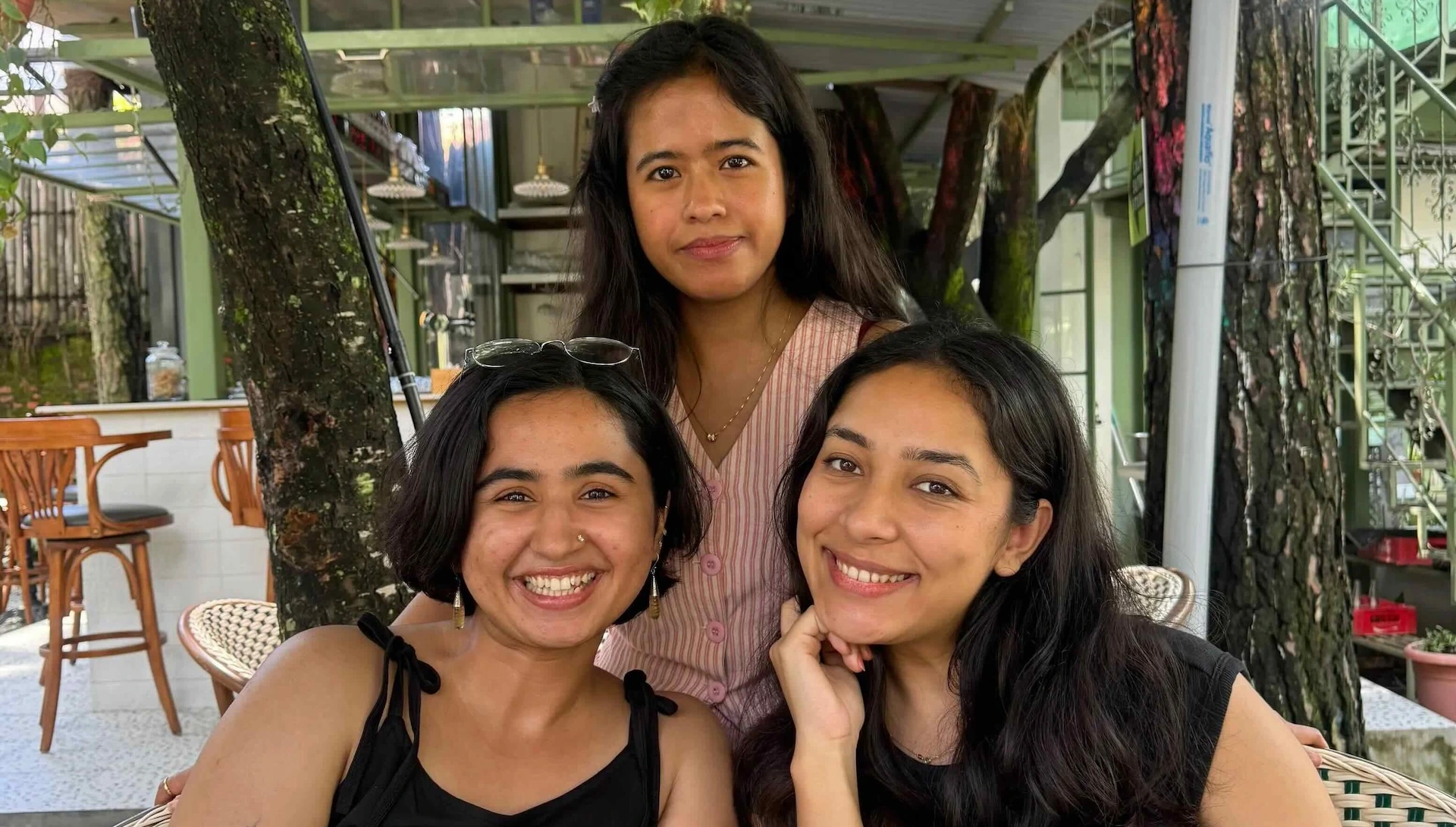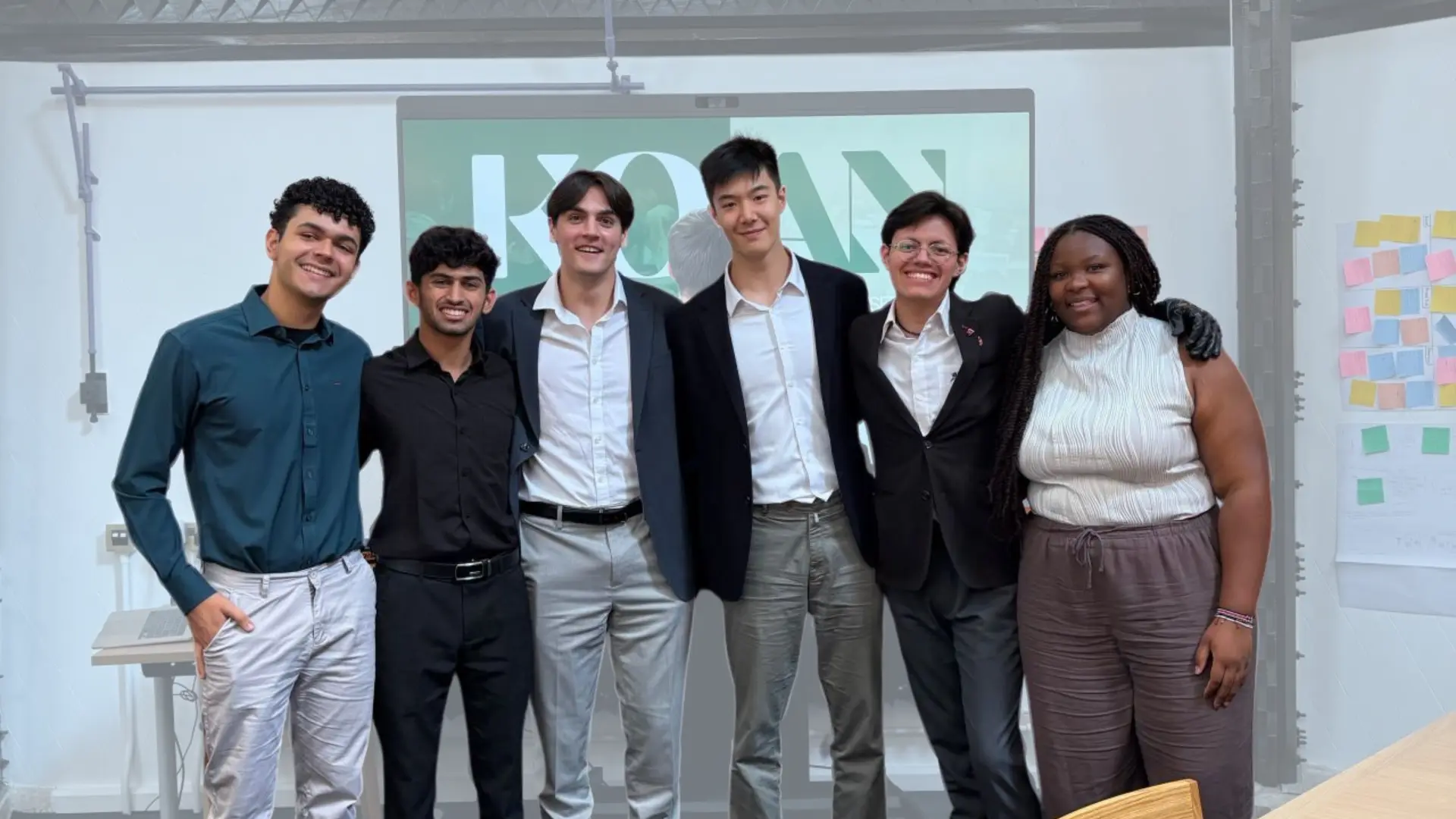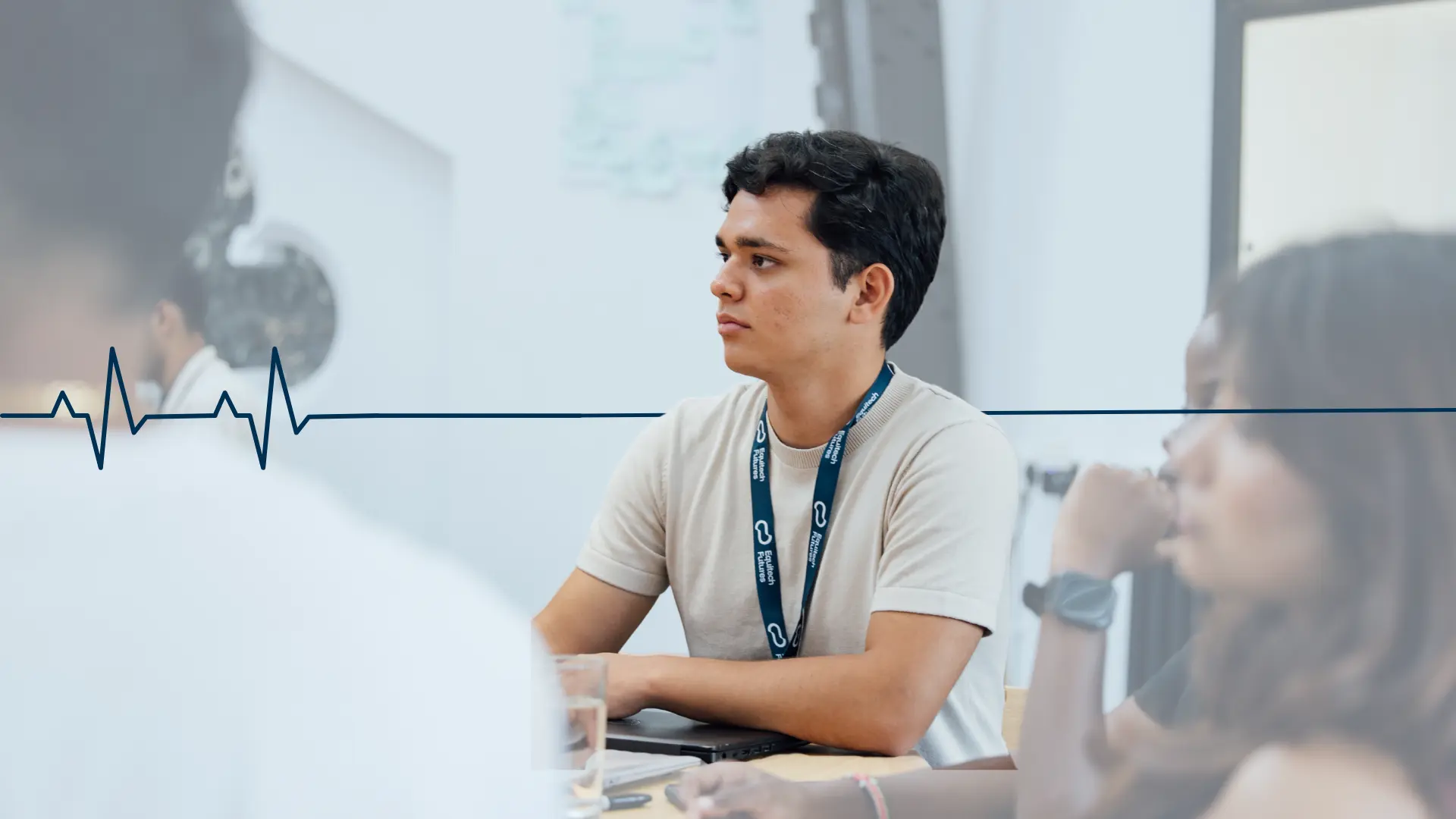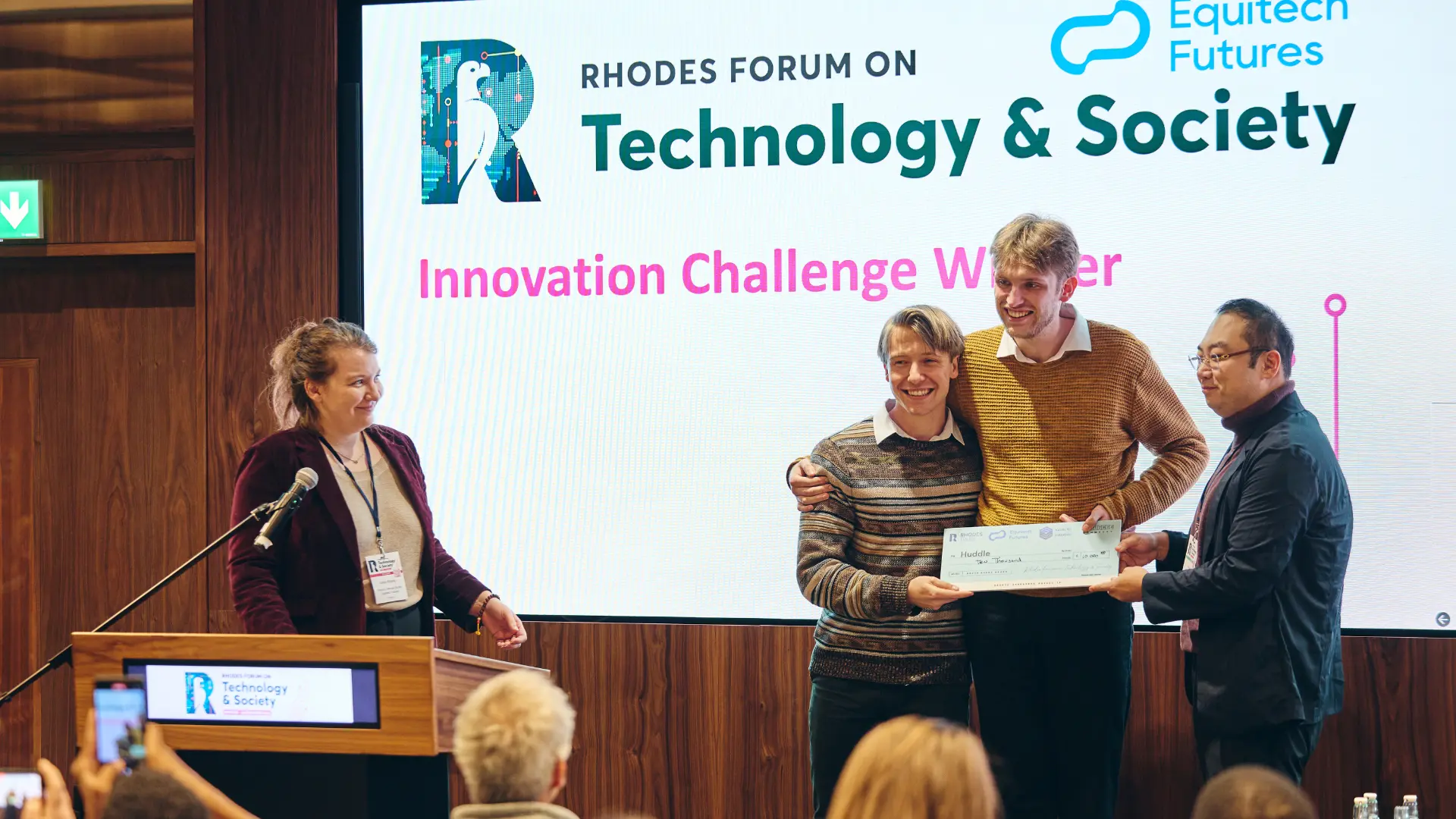
Newsroom
Equitech Scholar from China aspires to work at the intersection of law and technology
Mar 29, 2024
5 min read
Ivy Li is a final year student of law at Nanjing Normal University, China. She is an alumna of the Equitech Scholars Program (ESP), 2022. Ivy discovered this program on a popular social media platform one day, and decided to apply for it “just like that”. In retrospect, it turned out to be “one of the best decisions of her life.”
Though the Equitech Scholars Program doesn’t require students to have previous experience in computer programming, Ivy had been learning languages like Python before joining the program. “I don’t come from a hardcore computer science background because my undergraduate degree is in law, but I was always curious to learn more in the field of computer science. However, I wasn’t sure how the two subjects - law and computer science - would intersect. This aspect became clear to me during the Equitech Scholars Program.” During ESP, Ivy worked on a capstone project for the Applied AI class taught by Abhilash Mishra. She created an AI blueprint for a machine learning model that could assist lawyers in research. “Most of the cases that lawyers deal with on a regular basis are not unique ones. These incidents have happened before, and there are precedents that can be followed. So, I created a model which was fed with a dataset of cases from the past, and if given a few keywords, it could search through that extensive amount of data, and give an output of all cases that were related to these keywords.” By using rigorous datasets, Ivy ensured that the model could give more details than just basic information. “I know that tools like these already exist in the legal field, which is why I didn’t take this particular project forward, but I had never created an AI model before - and it was only after the skills and knowledge I received during the Equitech Scholars Program that I could do this project.”
In one of her internships, Ivy worked with a company in China which is the first company to use AI to examine government contracts and give feedback on changes. Ivy’s role required her to contribute to the legal aspect of this project. “Paperwork is a huge part of being a lawyer. But what if AI could take over some of this bulky paperwork? At Nanjing Wpool Bigdata Company, an AI legal robot is used to examine and analyze contracts and tenders by the government, so that the competition among companies that provide products and services to the government is a fair competition.”
Having studied the intersection of technology with other disciplines in the Equitech Scholars Program, Ivy has decided to pursue a masters in computer science to further develop her skills in programming. “I think AI and machine learning are going to be huge contributors in the legal space and I want to be ready for that future. A training in law and computer science will help me leverage my skills in the sector and create AI models which can make law more accessible to the masses.” Ivy also shared about the different projects that members from her Equitech Scholars Program cohort worked on. She was especially interested in the project of her cohort fellow, Kexin Xu, who worked on creating an AI model which would help in breast cancer diagnosis. “I realized that AI tools applied in any field can make big changes in the progress of a society. Kexin’s field was vastly different from mine and I loved learning about her project.”
As a native Chinese speaker, Ivy was initially anxious about the final project in the writing lab class taught by Krittika Bhattacharjee. “We had to write a 1000-word essay in English for this class. In China, English is not the mode of instruction for our classes. So, this was a challenge for me, but when I completed this essay after multiple feedback and revisions, I felt a sense of accomplishment. I also understood that it is important for me to focus on how to convey my thoughts in words, instead of fixating on grammar and jargon.”
Ivy is also interested in leveraging digital tools for enhancing accessibility from rural and regional areas in China to the resources in urban regions. She is currently volunteering for a project which aims to design online learning classes for girls based in economically disadvantaged areas in rural regions of the country. As part of this project, she is collaborating with a group of women volunteers to also create a communication platform for the girl students to be able to contact the volunteers when required. “We call this project ‘letter from her’ because the volunteers here try to mentor the younger girls in a manner that an elder sister would do.”
Ivy is currently an Equitech Futures Regional Ambassador for China. “I want more students in China to avail the benefits of this fully funded and fully remote program which introduces you to talented young people from across the globe. In China, we don’t have a lot of opportunities like this and I was fortunate to be a part of this program in the past because someone had found out about it and shared it on a social media platform. Today, I want to be that someone for others!”
More articles
.webp)
Newsroom
No Innovator Left Behind: How Equitech Futures uses philanthropic capital to maximize impact

Newsroom



















.webp)




.webp)


.webp)









.webp)














.webp)

.webp)


.webp)


.webp)






.webp)



